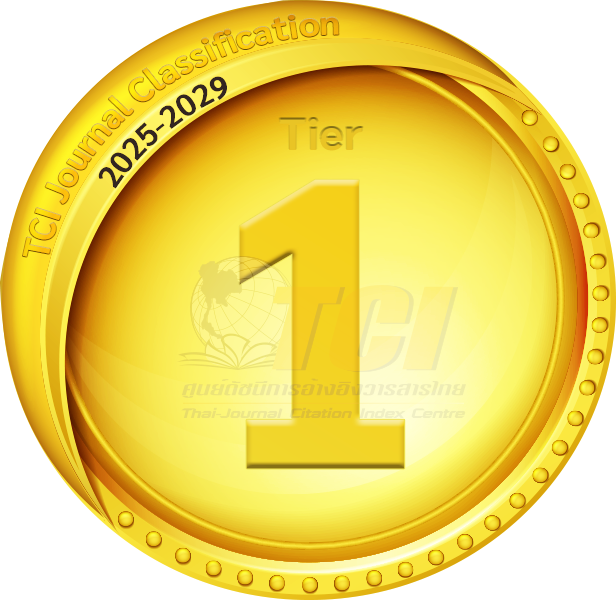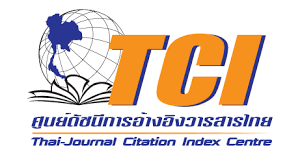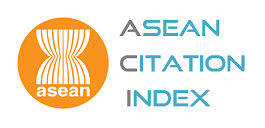Editor’s Note
Abstract
Abstract
This latest issue of the Rangsit Journal of Social Sciences and Humanities (RJSH) is a special dedication to our late Majesty Bhumibol Adulyadej. One of the concepts brought upon by the late Majesty is about ‘Sufficiency Economy’.
Sufficiency means moderation and due consideration in all modes of conduct together with the need for sufficient protection from internal and external shocks. To achieve this, the application of knowledge in prudence manner is essential. In particular, great care is needed in the application of theories and technical know-how and methodologies for planning and implementation. At the same time, it is essential to strengthen the moral fiber of the nation, so that everyone, particularly public officials, academics or theoreticians, businessmen and financiers, will adhere first and foremost to the principles of honesty and integrity.
(Thaiwaysmagazine, 2007)
The above excerpt is quoted from the late King Bhumibol Adulyadej’s royal speech, quoted from an article written by the Thaiwaysmagazine (2007). During the late King’s life, he fought tirelessly to make people understand the concept of Sufficiency Economy. The journal is trying to absorb the courage and enthusiasm brought upon by the late King so that in life people will do their best to live abreast. The same thing applies to the academic scholars, who need to write with such honesty and integrity. Henceforth, the output yielded will be worthwhile and of higher distinction.
The first article reflects some elements of the King’s concept. It is about the effort to restore the bond between the old and the young generation. Sometimes age difference makes people less friendly and becomes anti-social, especially when the age is reaching the golden era. Rungnapa Theppar and Hideharu Uemura newest article is about developing an age-friendly community in rural areas. They selected Hua-Ngum, a vicinity within the province of Chiang Mai as their research location. They discovered that for nearly to a decade, the Hua-Ngum Sub-district Administrative Organisation and its partner had initiated key age-friendliness activities in the sub-district. They perceive the fact that establishing an age-friendly community there is not only for the sake of the older people, as it is also considered to be a community development process for all age members since a herd of deer is better than a lonely wolf.
The reader will then turn to the article by the trio of Ektewan Manowong, Darmp Sukontasap, and Witchayanee Ocha regarding the defence diplomacy in Thailand. The focus is on the contributions of the defence diplomacy, as observers want to certify that the defense sector is performing responsively in the rapid changing of the world. The study aims to investigate the contributions made by the defence diplomacy of Thailand towards the integration efforts of the ASEAN Community. The role of the defence diplomacy is assessed and analyse further to see how such a role can be expanded further.
There are lots of women out there who face sexual harassment in the workplace, mainly in the workplace dominated by the men. Thus, Sasiphattra Siriwato comes up with an article on a case study of female police officers in the Royal Thai Police, whether the latter face sexual harassment or not. Both retired, and current officers were part of the interviewee. The result is quite the reverse, as most participants did not face any physical sexual harassment. To explain further on this matter, they established two reasons why these participants reported zero sexual harassment. One is that Thai women do not discuss this sexual harassment matter with other people, and the second is that the term sexual harassment is a vague term where these women do not know the real meaning of the phrase.
Moving near the eastern part of Asia, an article written by Yuka Matsumoto explore the differences in perception towards the progress of recovery between metropolitan and coastal areas in the event of the Great East Japan earthquake. Two (2) cities in Miyagi district, Sendai City, and Shiogama City were selected, and the comparison is made based on two aspects. The first is in the economic conditions of the place and the second is qualitative and is based on interviews conducted with the residents to verify how such disparities are influencing the people’s thoughts toward the recovery process. They found out that there are clear differences in the levels of the recovery in the two location, and that gap has significantly influenced the resident's perceptions on the progress of the recovery as well as their well-being.
Next, an interesting topic brought upon by Fabio Calzolari regarding the social insight about the migration in the European countries. The author evaluates the role of multiculturalism in Europe and its impact on social practices. Migration is something that kind of an unavoidable reality as referred to the multicultural counseling literature. The paper is thrusting upon the literature review of the topic, discussing the European migration models in a thorough manner, without furthering the study to any specific places or population.
Then, we arrive at the penultimate article written by Jirajoj Mamadkul. The author touches on the Saudi Arabia-Iran’s foreign policy crisis, using the execution of a Shia believer of Saudi citizen name Shaikh Nimr al-Nimr. The issue kind of re-ignite the conflict that both countries are having since the Iran Revolution in 1979. In the discussion, the author establishes three (3) factors that shape the relationship between the two nations which are about the Sunni-Shia clan disagreement, the rivalry of becoming the regional power in the Middle East, and the politics in the OPEC. Through the execution of the cleric, Saudi Arabia immediately cut down the diplomatic ties with Iran to react to the burning of Saudi’s diplomatic places by a group of Iranians.
Last but not least, an article was written by a concerned citizen with regards to the concept of biopower that could be used as a political tool to instill terror to control and govern citizens. Preechaya Kittipaisalsilpa comes up with the article mainly to examine what biopower adds to the analysis of the use of terror and power as being exercised over bodies and populations.
In a nutshell, the late King’s philosophy is not merely an idea; it is actually an endeavour for people to understand the world better. At RJSH team, we like to dedicate the hard work of this whole publication unit to our King. We could not follow his footstep with regards of leading a country, but all of us could follow his journey to make this country a better place for people to live in by providing not only good, yet quality academic materials for readers all around the world. The concept is upheld to blend in with all the themes of the listed journals, where lots of problems or research issues arise here. Thus researchers step in to provide the possible solution, and sometimes the ultimate cure.
After all, that is why journals such as RJSH exist: to connect knowledge-seekers (learners) with producers of knowledge (researchers). As the editorial team, we see this as our job: sharing new knowledge, including alternative ways of perceiving the complex issues that all of our societies face on a day-to-day basis.
We welcome your comments – and, of course, your manuscripts. Links to our manuscript submission site can be found at RJSH Online Submission and Review System: http://rjsh.rsu.ac.th. We look forward to hearing from you.
Sincerely,
Anek Laothamatas
Editor-in-chief

Indexed in


Search